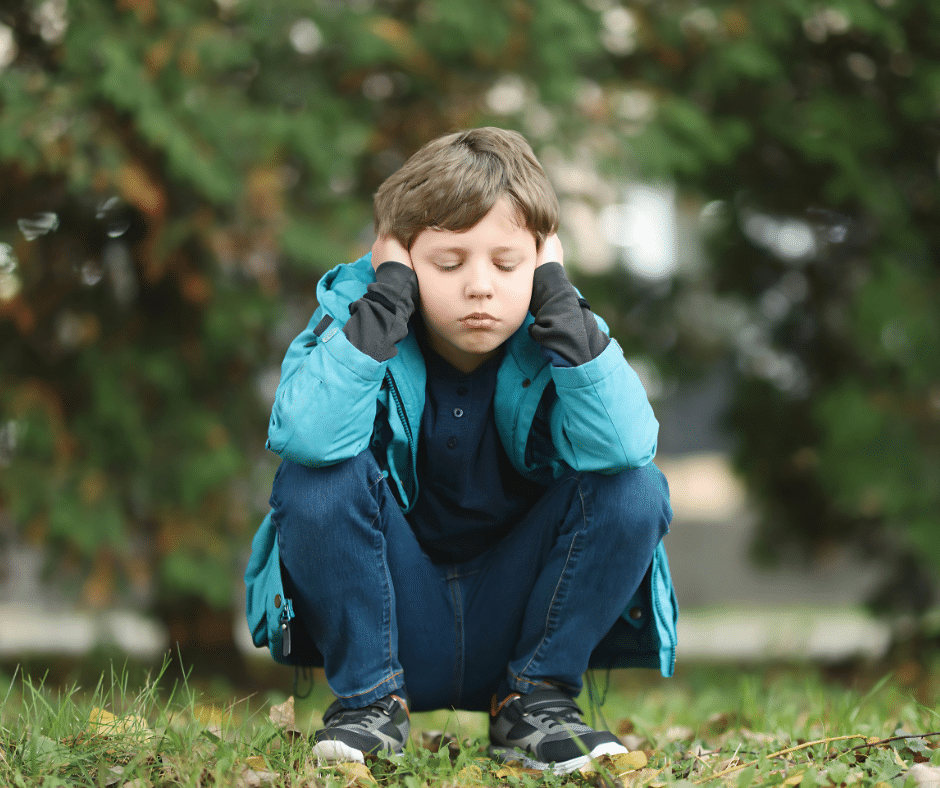Understanding The Highly Sensitive Child
Understanding that being a highly sensitive child is not a mental health or medical condition but rather a personality trait is essential. Although there is no formal test to diagnose high sensitivity, parents and caregivers can often recognize it through certain behaviors and characteristics.
Emotional sensitivity, often referred to as being “highly sensitive,” describes a heightened emotional reactivity or a tendency to have intense emotional responses to everyday situations. Highly sensitive children are typically very attuned to their emotions and hyper-aware of their surroundings, which can cause them to become easily overwhelmed, resist changes in routine, and take longer to adjust to social settings. Supporting these children involves creating a safe and communicative environment, respecting their limits, emphasizing their strengths, and helping them develop healthy coping strategies.
Common Signs of a Highly Sensitive Child
Deep emotional processing:
Strong emotional reactions to both positive and negative stimuli
Deep empathy and heightened sensitivity to others’ moods
Difficulty letting go of intense emotions like anger or worry
Sensitivity to criticism or conflict; prefer calm discussions over harsh discipline
Cognitive traits:
Engage in deep thinking and introspection
Display wisdom beyond their years
Show a clever sense of humor
Have a vivid imagination and high creativity
Sensory sensitivity:
Highly aware of small environmental changes (e.g., slight temperature shifts or moved objects)
Easily overstimulated by loud noises, strong smells, and chaotic environments
Startle easily at sudden sounds or surprises
Experience discomfort from clothing (e.g., scratchy tags, tight waistbands, misplaced socks)
Behavioral preferences:
Dislike being rushed; prefer to do things carefully and thoroughly
Need regular quiet time or solitude to recharge
Prefer routine and can be resistant to change
May refuse certain foods due to texture or smell
Overall tendencies:
Possess strong intuition and perceptiveness
Thrive in thoughtful, supportive, and calm environments
Helping The Highly Sensitive Child
Helping a highly sensitive child thrive involves teaching emotional awareness, setting clear boundaries, and creating a supportive environment. Start by validating their feelings and helping them name emotions, using everyday situations or media characters to build emotional vocabulary. Set expectations ahead of time to reduce anxiety and give them a sense of control, especially in new or challenging situations. Teach simple coping skills like deep breathing, counting, or using a calm-down kit, and encourage mood boosters such as drawing or going outside.
Be careful not to reinforce outbursts by offering rewards for calming down or labeling your child as “sensitive” too often. Instead, focus on separating feelings from behaviors—all emotions are valid, but not all actions are acceptable. Celebrate their strengths, encourage open conversation, and offer consistent support to help them build confidence, resilience, and emotional regulation.

